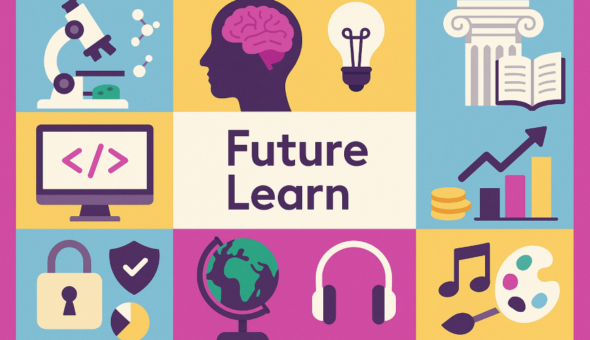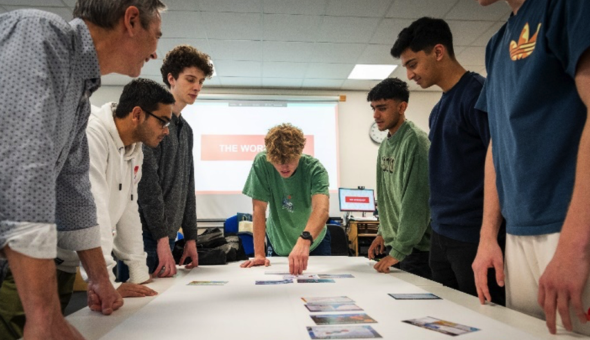As we come to the end of yet another busy academic year at Bath, we wanted to take a moment to take stock of some of the exciting and creative work that our colleagues across the Faculties and School have been engaged in to enhance teaching and learning. As the Centre for Learning and Teaching(CLT), we have the privilege of working with a wide range of colleagues, who take the time to adapt and enhance the learning experience of their students, in spite of being exceptionally busy. In this blog we would like to take this opportunity to share some of these successes from across the subject disciplines, drawing on the outcomes of the Educational Annual Review and Enhancement (EARE) Process.
We are delighted to announce that we now have a full team of Education Managers and Assessment and Feedback Leads in post across the Faculties and School. These roles are working closely with the ADEs and colleagues in the CLT to provide a joined-up and collegial approach to meeting the institution’s educational priorities. Colleagues in these roles have been busy engaging with academics, students and Professional Services to identify creative, workable solutions which support the further development of teaching, learning and assessment. Professor Andrew Burrow, Associate Dean Education, Faculty of Science said "There’s lots of excellent work going on to enhance assessment and feedback. For example, Computer Science are looking at automarking to be able to provide more rapid feedback, whereas Physics are working to make sure that the actions they have taken are better communicated back to students."
This includes the development of Faculty level marking criteria in line with changes to OfS sector Grading Descriptors and a drive to ensure greater clarity and consistency around the shared language of assessment in both HSS and the School of Management. Work is also underway to facilitate the wider implementation of consistent language/ formats in assignment briefs that aim to enable staff and students to spend less time on answering individual questions about a piece of work and more time on the creative tasks that are being set. If you would like to explore examples of how this has been achieved, then have a look at our exemplar assignment brief templates. In addition, departments have been coming together to look at their assessment marking criteria to ensure greater transparency and clarity for both staff when marking, and students when interpreting the standards by which they are being measured.
In both the Faculty of Science and Faculty of Engineering and Design, students have benefitted from the introduction of E-Portfolios, which have been successfully introduced as tools to support reflection on feedback and development as well as ways to document a learning journey. Learners have also been encouraged to embrace the opportunities for authentic learning provided by project weeks and problem-solving. One tool colleagues have used to support learners in this area is Mahara. You can read a guide to the use of Mahara, or do contact a member of staff in the Technology Enhanced Learning Team (TEL) for further support.
In addition, Professor Marion Harney, Associate Dean Education, Faculty of Engineering and Design notes the innovative approach of Chemical Engineering where “they have moved to a ‘teaching team' model where they have eight to nine academics teaching per year group, instead of having one or two lecturers per unit, thus facilitating greater awareness and better communication between academics. This also enables better sharing of workloads and improves the resilience of teaching delivery through reduced reliance on individual staff”.
Across the institution, many departments have developed innovative responses to student feedback for a desire to re-build the sense of ‘belonging’ to their subject that lessened as our community studied at home during the pandemic. The Mechanical Engineering team have been highlighted for their work in this area, giving students the opportunity to lead ‘Inside Engineering’ activities with support from staff.
The good practice we have shared in this blog represents just a handful of examples identified in the EARE process of the great teaching and learning that is being carried out across the institution. From the categorisation of assessments for student use of GenAI, to the rethinking of group assessments and equal contribution, academics continue to strive to refine and enhance their practice. Many colleagues we speak with often sound surprised when we say we want to share and promote their good practice, because this is just part of the ‘day job’ and what we all do. Yet, we would encourage all staff, when you get chance to pause, to take stock of all you have done this year, whether implementing new units for transformed courses or working with your students to help them overcome barriers to learning.
If you would like further details about any of the examples described above, then please get in touch with the Centre for Learning and Teaching and we will be happy to link you with the respective departments so that you can find out more.
Written by: Abby Osborne, Curriculum and Academic Development Lead (Assessment and Feedback) & Liz Haynes, Curriculum and Academic Development Lead (Course Design and Development)
Respond



